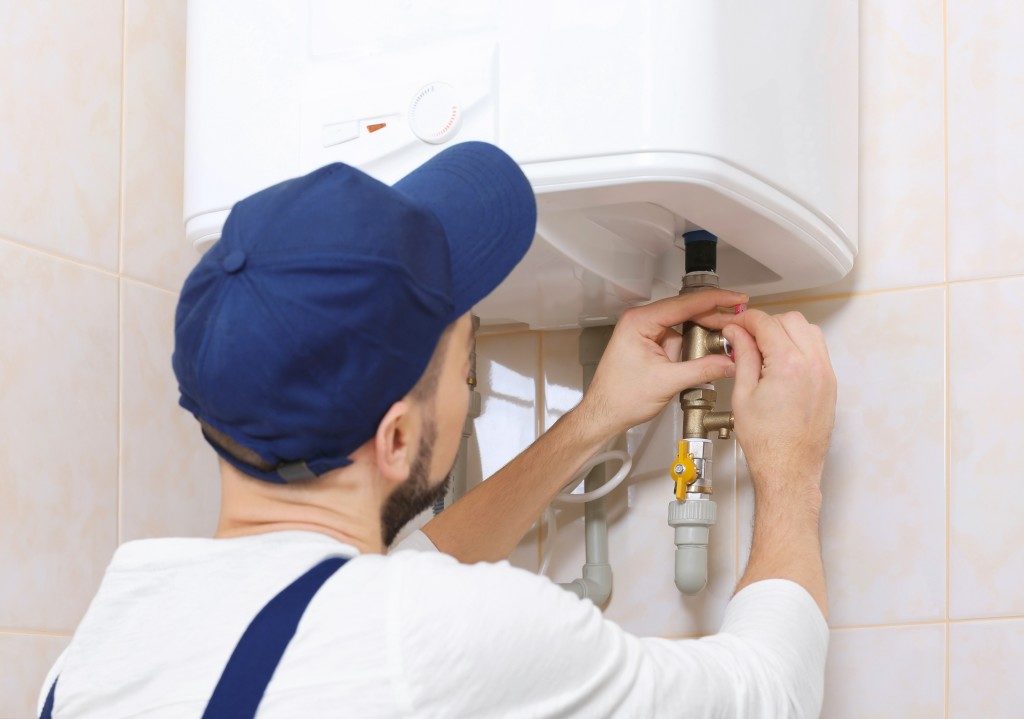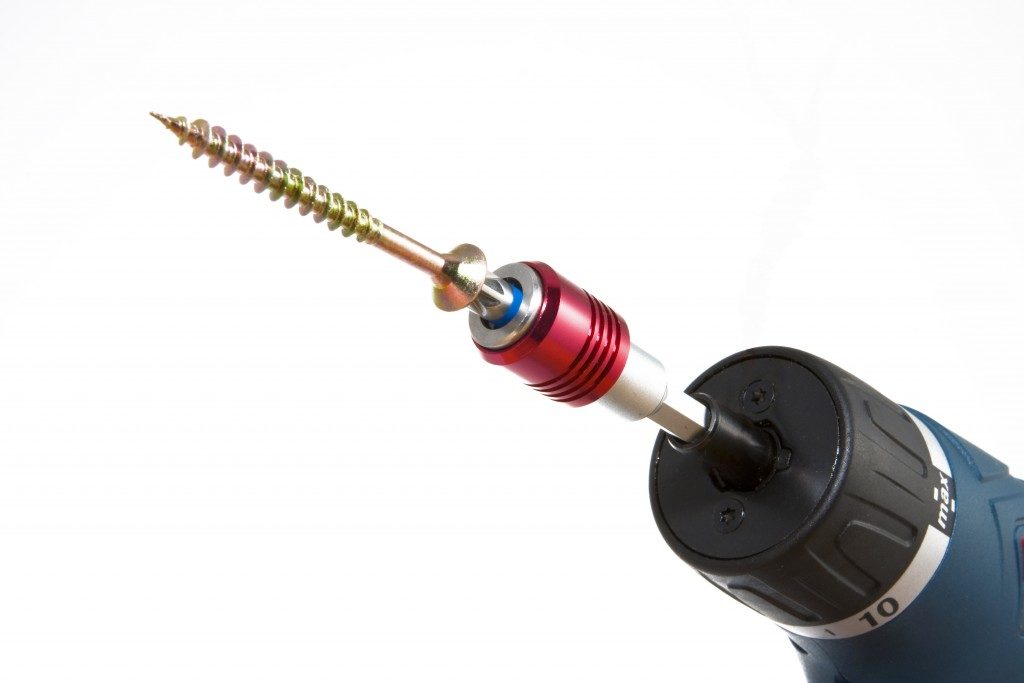You probably do not pay much attention to your home’s intricate network of sewer and water pipes, which provide your household with cold and hot water and clean your waste 24/7. However, giving your plumbing network regular TLC could not only prevent leaks but also extend its service life and help you avoid expensive repairs later on.
So, what should you do? Here are some easy maintenance steps any professional plumber in Park City, Utah will tell you to take.
Watch What You Put Down the Drain
This is perhaps the easiest way you can prevent clogs in your pipes. Food scraps, grease, hair, toilet paper—all of these could clog your drains. While it can be so tempting just to throw everything down the sink especially after cooking, you will thank yourself later on for not doing so. Also, you might want to install screens for the tub, shower and kitchen drains, and check for hair every so often to avoid buildup.
Avoid Chemical Products
While these are great for unclogging pipes occasionally, when used often, they could actually harm your plumbing system since they could eat away at cast-iron pipes. This, in turn, could eventually lead to leaks and even large holes in your pipes. The fumes of these corrosive chemical cleaners are also hazardous to inhale.
It is better to hire a professional plumber to snake your drain regularly and eliminate grease or hair buildup that is clogging your drain lines. This way, you could also be sure that everyone in your home stays safe.
Soften Your Water
If you have hard water—water with excessive amounts of natural minerals and trace metals —it could decrease the lifespan of your plumbing network. Hard water could cause a buildup of minerals inside your water supply pipes, which would result in reduced water flow and clogs. It would also put more stress on fixtures, leading to more repairs in the long run.
To counteract this, install a water softener. Majority of water softeners use sodium, but newer models already utilize electromagnetic pulses for dissolving minerals and will not add sodium to your supply.
Reduce Your Water Pressure
Strong water pressure could decrease your plumbing’s service life because it makes all applicant valves, faucets and pipe joints work harder. Measure water pressure using a hose bib gauge. It should be around 40 to 85 psi only. Call a plumber if your water pressure is anything above that range.
Keep Your Septic Tanks and Sewer Lines Clog-Free

Get a plumber to clear your primary sewage cleanout at least every couple of years if you have a municipal sewer line, or get your tank drained every three to five years if yours is a septic system.
A few more reminders: know where your main shut-off valve is located so you could easily turn it off in case of a leak. In addition, deal with plumbing issues as soon as possible because even minor leaks could corrode your pipes and result in severe mold issues and water damage.



